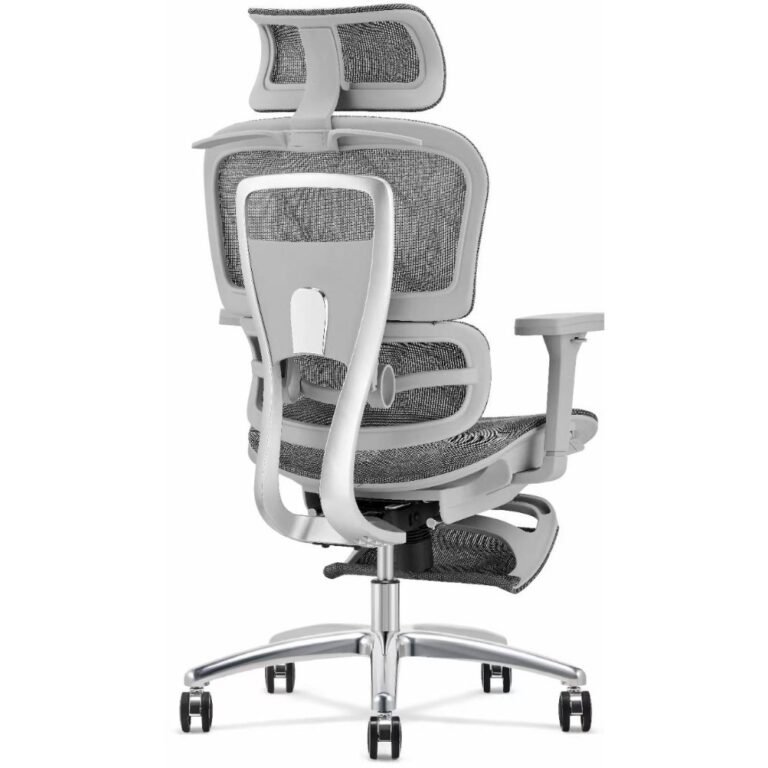In the era of environmental awareness and corporate social responsibility, the demand for sustainable office furniture has never been higher. Businesses are increasingly seeking out suppliers and manufacturers that prioritize eco-friendliness, durability, and design in their products. This guide will explore the key aspects to consider when choosing sustainable office furniture suppliers and manufacturers, ensuring your business not only looks good but does good.
The Importance of Sustainability in Office Furniture
Sustainability in office furniture is not just a trend; it’s a commitment to reducing environmental impact while providing high-quality, long-lasting products. Sustainable furniture is made from materials that are renewable, recycled, or have a low carbon footprint. It is also designed to be durable and easily recyclable or upgradable at the end of its life cycle.
Benefits of Sustainable Office Furniture
- Reduced Environmental Impact: Lower carbon footprint from production to disposal.
- Cost-Effectiveness: Long-lasting materials reduce the need for frequent replacements.
- Healthier Work Environment: Non-toxic materials contribute to better indoor air quality.
- Regulatory Compliance: Meets environmental standards and certifications.
Key Features of Sustainable Office Furniture
- Renewable Materials: Bamboo, cork, and recycled wood are popular choices.
- Recycled Content: Products containing recycled materials reduce waste.
- Biodegradable Materials: Materials that can decompose naturally at the end of their life.
- Energy-Efficient: Furniture that incorporates energy-saving features, such as LED lighting.
Choosing the Right Suppliers and Manufacturers
When selecting sustainable office furniture suppliers and manufacturers, consider the following criteria:
1. Environmental Certifications
Look for suppliers that have certifications like BIFMA, LEED, or FSC, which ensure adherence to environmental standards.
2. Transparency
Choose suppliers that are transparent about their sourcing, manufacturing processes, and the environmental impact of their products.
3. Customization Options
Sustainable furniture should be adaptable to different office layouts and needs without compromising on quality or design.
4. Durability and Quality
Invest in furniture that is built to last, reducing the need for frequent replacements and disposals.
5. Local Suppliers
Supporting local suppliers can reduce the carbon footprint associated with transportation and support the local economy.
6. Innovation
Look for manufacturers that are at the forefront of sustainable design and materials innovation.
Case Studies of Sustainable Office Furniture Suppliers
[Supplier A]
- Specialty: Custom bamboo office furniture.
- Certifications: FSC, BIFMA.
- Notable Projects: Major tech company headquarters.
[Supplier B]
- Specialty: Recycled plastic and metal furniture.
- Certifications: LEED, Cradle to Cradle.
- Notable Projects: Green office spaces in urban centers.
[Supplier C]
- Specialty: Modular furniture systems with a focus on recyclability.
- Certifications: BIFMA, GreenGuard.
- Notable Projects: Sustainable co-working spaces.
Conclusion
Sustainable office furniture is not just an investment in the environment but also in the long-term health and productivity of your workforce. By choosing the right suppliers and manufacturers, you can create an office space that is both functional and eco-friendly. As the market continues to evolve, the options for sustainable furniture will only grow, making it easier for businesses to make a positive impact on the planet.


